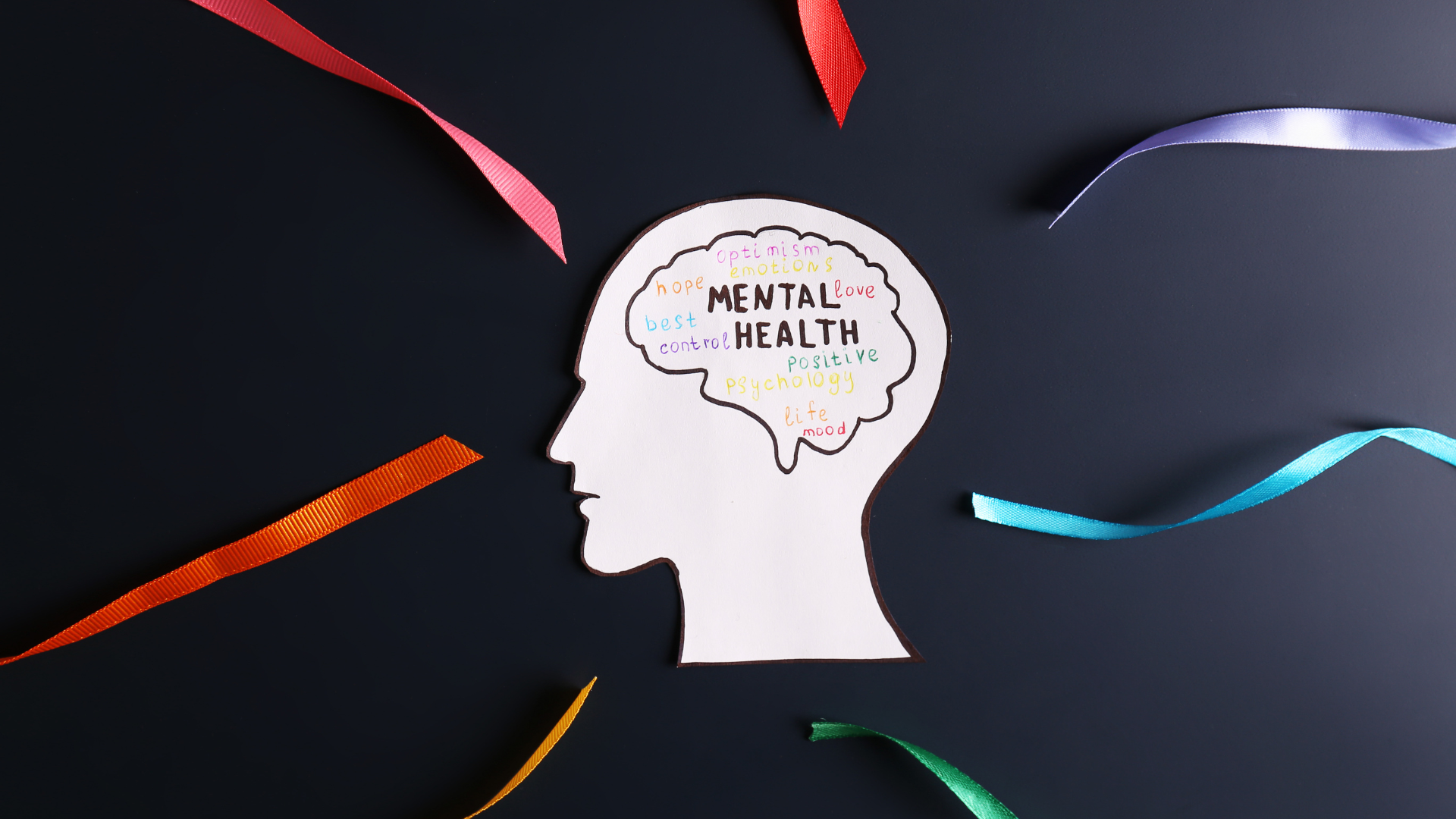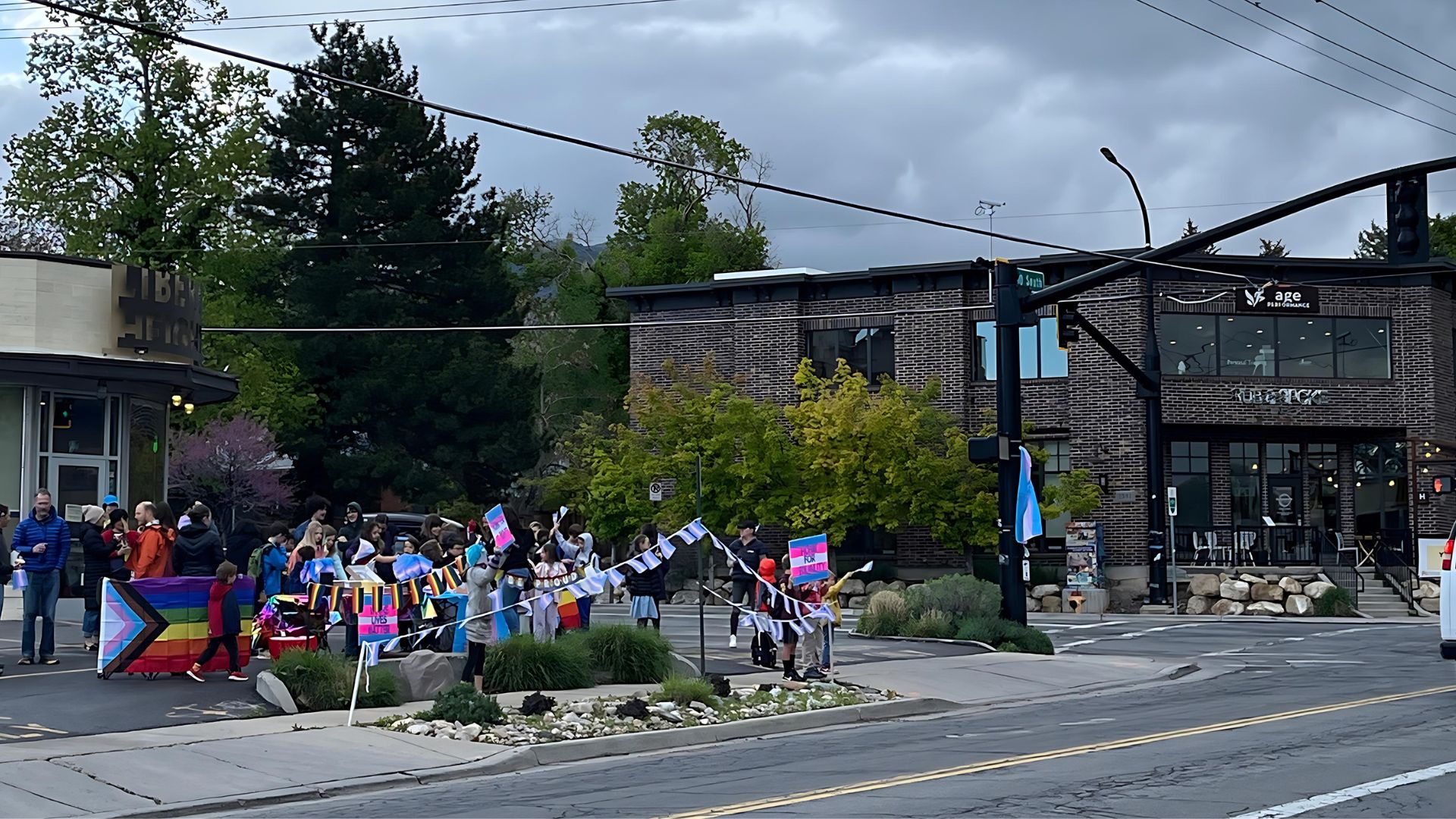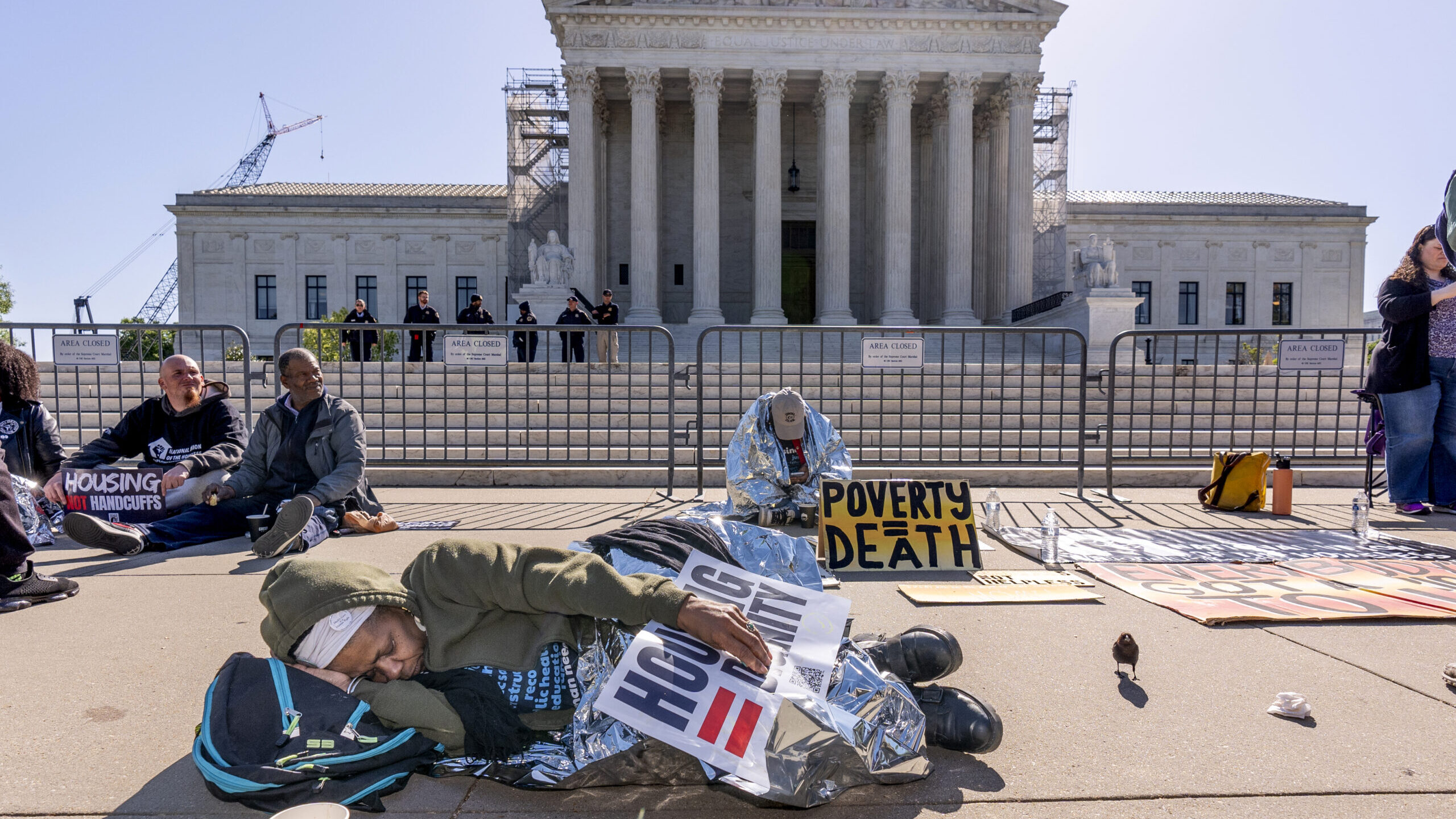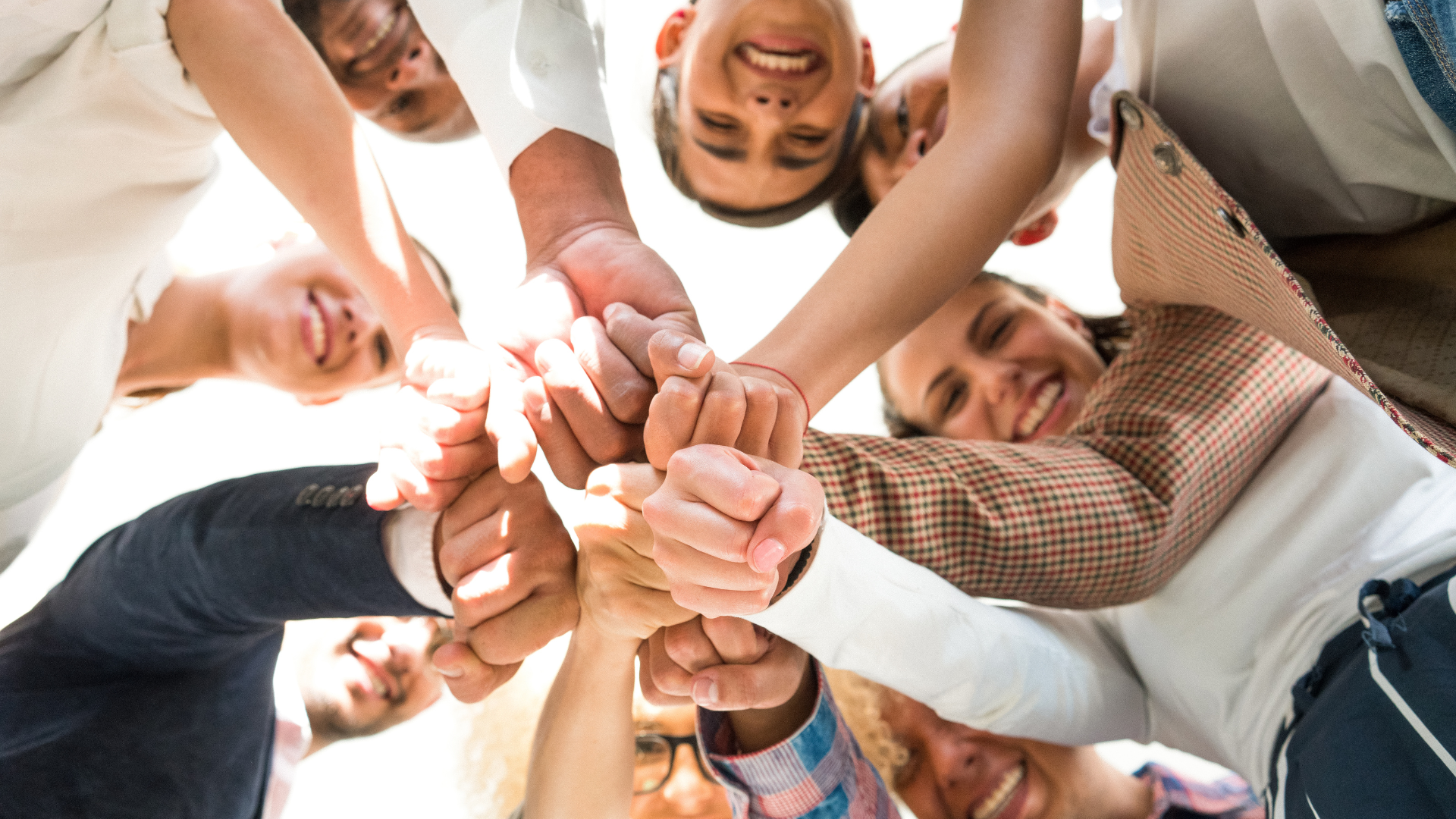The added challenges in mental health of minoritized communities
Jul 14, 2023, 12:00 PM
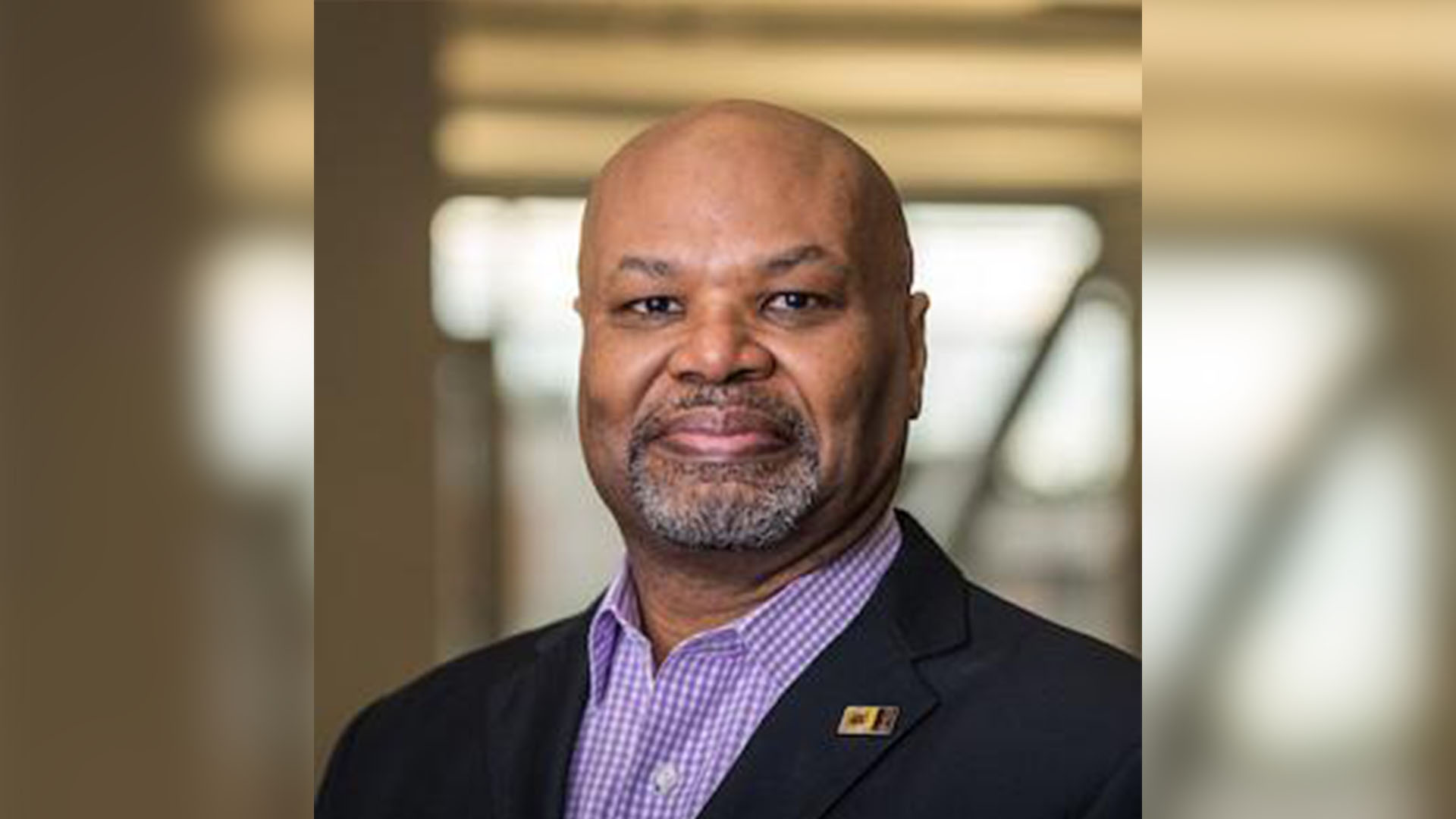
SALT LAKE CITY — There has been a renewed focus on mental health in recent years, particularly when it comes to young people. But there is a separate conversation about mental health that needs to be had regarding our minority communities.
People of color face unique health challenges, according to Dr. William Smith, Chief Executive Administrator for Justice, Equity, Diversity and Inclusion at Huntsman Mental Health Institute.
“Minoritized communities face unique struggles and challenges,” Smith said.
A minoritized community, versus a minority, is a group that is marginalized or persecuted because of systemic oppression, while a minority community is the smaller of two groups.
“Racial battle fatigue” and minority mental health
Smith coined the phrase “racial battle fatigue.”
He explained that the mental health issues people from marginalized communities experience are rooted in social and structural factors, not just individual cognitive factors.
“By recognizing mental health as a social justice issue, it becomes essential to address systemic inequalities,” he explained. “We’re putting this type of effort at the core of Huntsman Mental Health Institute.”
Stereotypes in mental health
Stereotypes get in the way of understanding mental health in general and as it relates to minorities in particular. “You might not need to go to a ‘shrink’ to get fixed,” Smith explained. “We’re not talking about fixing people. We’re talking about helping people.”
What are the real needs of people in these communities?
“We know, for instance, during COVID and after the high profile murders that we saw — for example, George Floyd — there were increased mental health issues in these communities. We need to be more responsive to those needs,” said Smith.
There have been improvements in this country, to be sure.
“We still have some of those systemic issues that really impact these groups,” Smith said. “It could be intentional or unintentional, but it causes a major mental health crisis in many of these minoritized communities.”
How can we help?
We need to care enough to educate ourselves.
Smith recommends reading books and articles. He suggests we actively listen, validate experiences, and advocate for equity and social justice.
“We need to foster allyship and solidarity within the BIPOC community and actively support their mental health and well-being.”
If you or anyone you know is struggling with thoughts of suicide, call 988, the National Suicide Prevention Hotline or the Huntsman Mental Health Institute at 801-583-2500. You can also call the National Crisis Hotline at 988 or download the SafeUT app.


